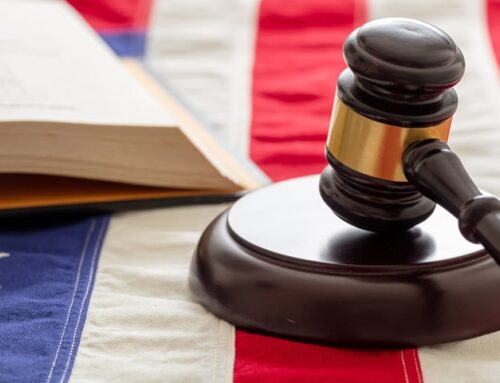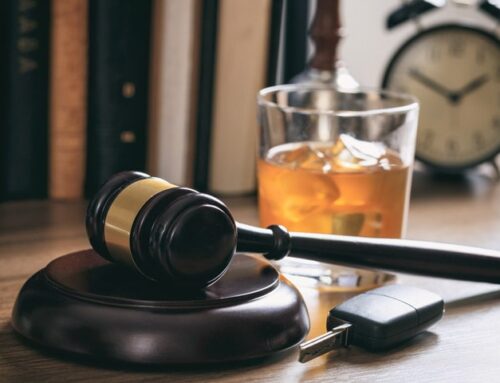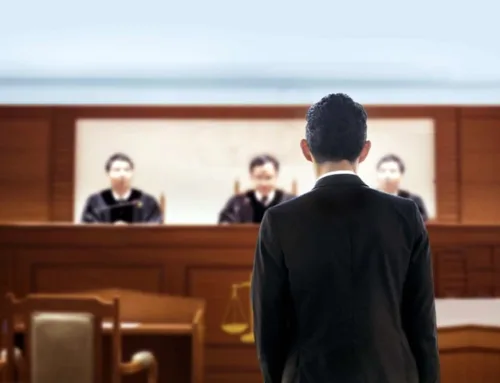DUI Checkpoints
Generally, whenever a police officer stops your vehicle, it is considered a “seizure” under the Fourth Amendment of the U.S. Constitution. The Fourth Amendment provides that a person shall be free from unreasonable searches and seizures by the government. In order to enforce this Amendment, the U.S. Supreme Court has long held that absent certain circumstances, a search or seizure must either be the result of a legally obtained warrant (requiring a showing of probable cause to the court), or must be supported by probable cause that a crime is being committed. In deciding whether a certain situation requires probable cause, the Court has adopted a “balancing test.”
The test balances the government’s interest in the seizure with the individual’s privacy and freedom interests. When this balancing test is employed, courts more often than not will hold that probable cause is required. Given these legal principles, Michigan citizens (the “plaintiffs”) brought a lawsuit in their state claiming that DUI checkpoints constituted a violation of their Fourth Amendment rights. The plaintiffs argued that DUI checkpoints were “seizures” for the purposes of the Fourth Amendment, which would then require the officers conducting the checkpoint to have probable cause to believe that the drivers at the checkpoint were driving under the influence. The case went to the U.S. Supreme Court where the Court agreed with the plaintiffs that DUI Checkpoints constituted a “seizure” within the meaning of the Fourth Amendment.
Therefore, under the previous precedents of the Supreme Court, the logical conclusion would be that probable cause should be required before a vehicle can be stopped at these checkpoints; however, the Court departed from their precedent and decided the case based on the balancing test. Instead of holding that probable cause was required, the Court utilized its previously announced “balancing test” and weighed the government’s interest in preventing harm from drunk drivers against the intrusion into a driver’s privacy. In a very close decision, 5-4, the Court held that the balancing test weighed in favor of allowing the DUI checkpoints and that such a seizure was “reasonable” and therefore permissible under the Fourth Amendment. (See Michigan v. Sitz, 496 U.S. 444 (1990)). Even though this opinion has been criticized since it was first announced, the Court has refused to reverse its decision. Because of this, the current law holds that DUI Checkpoints are not prohibited by the U.S. Constitution.





Leave A Comment